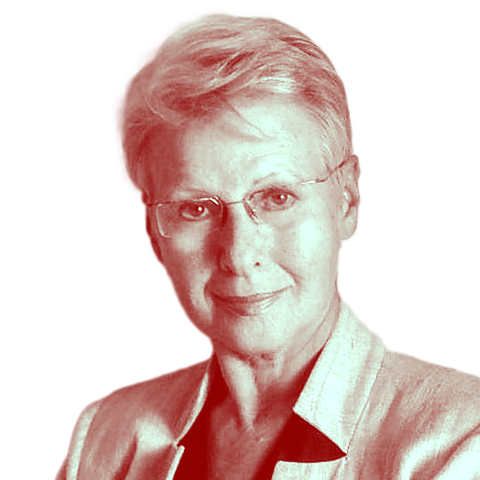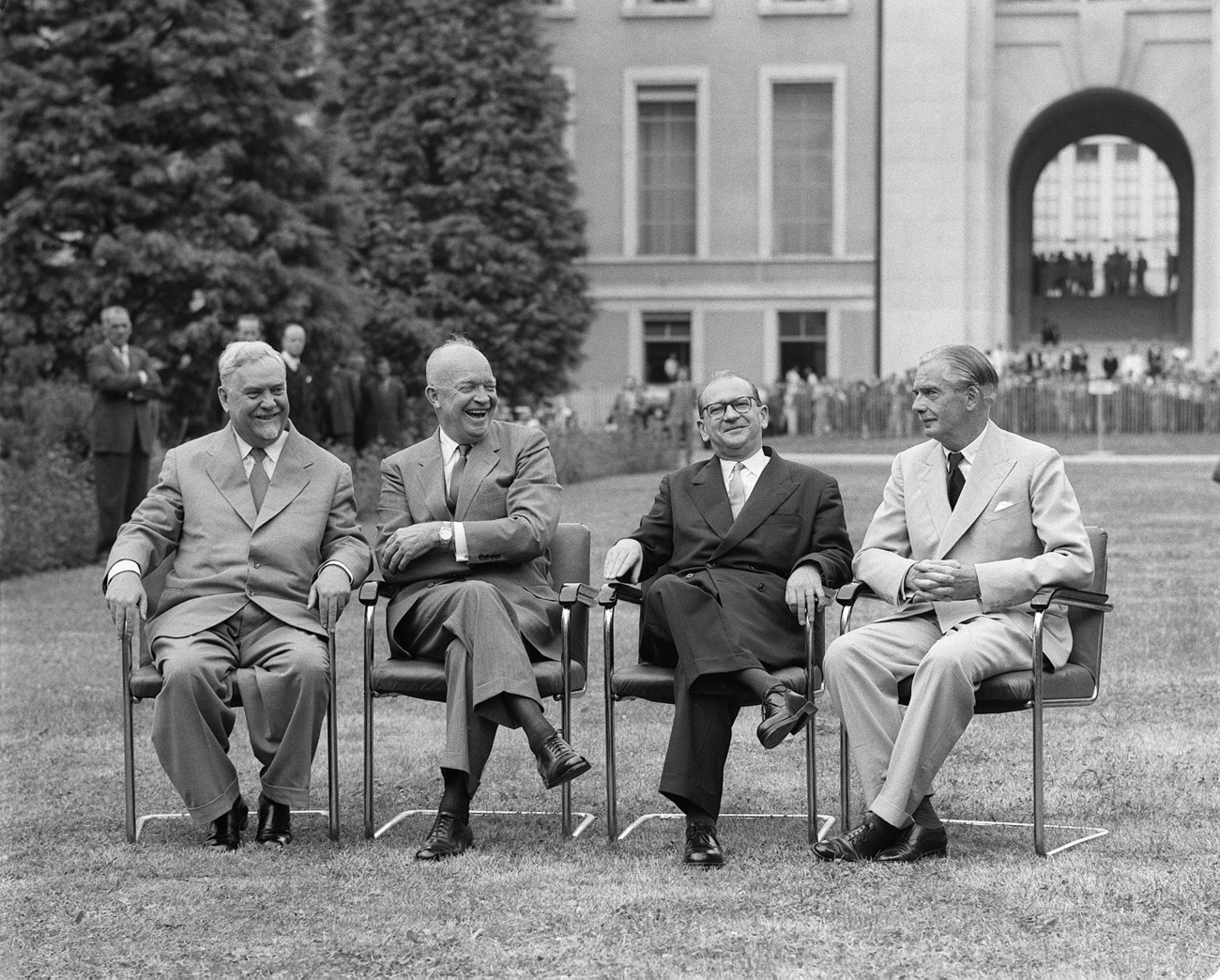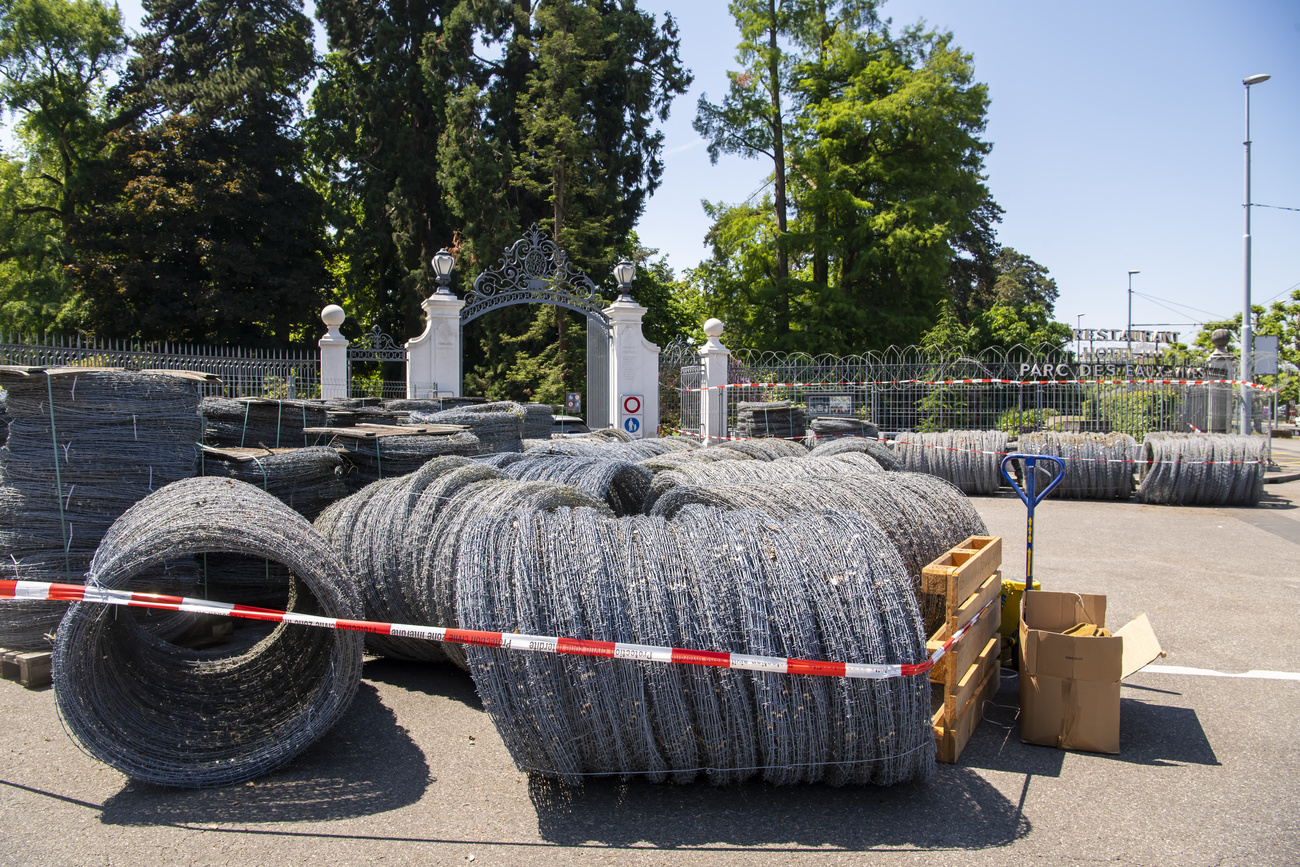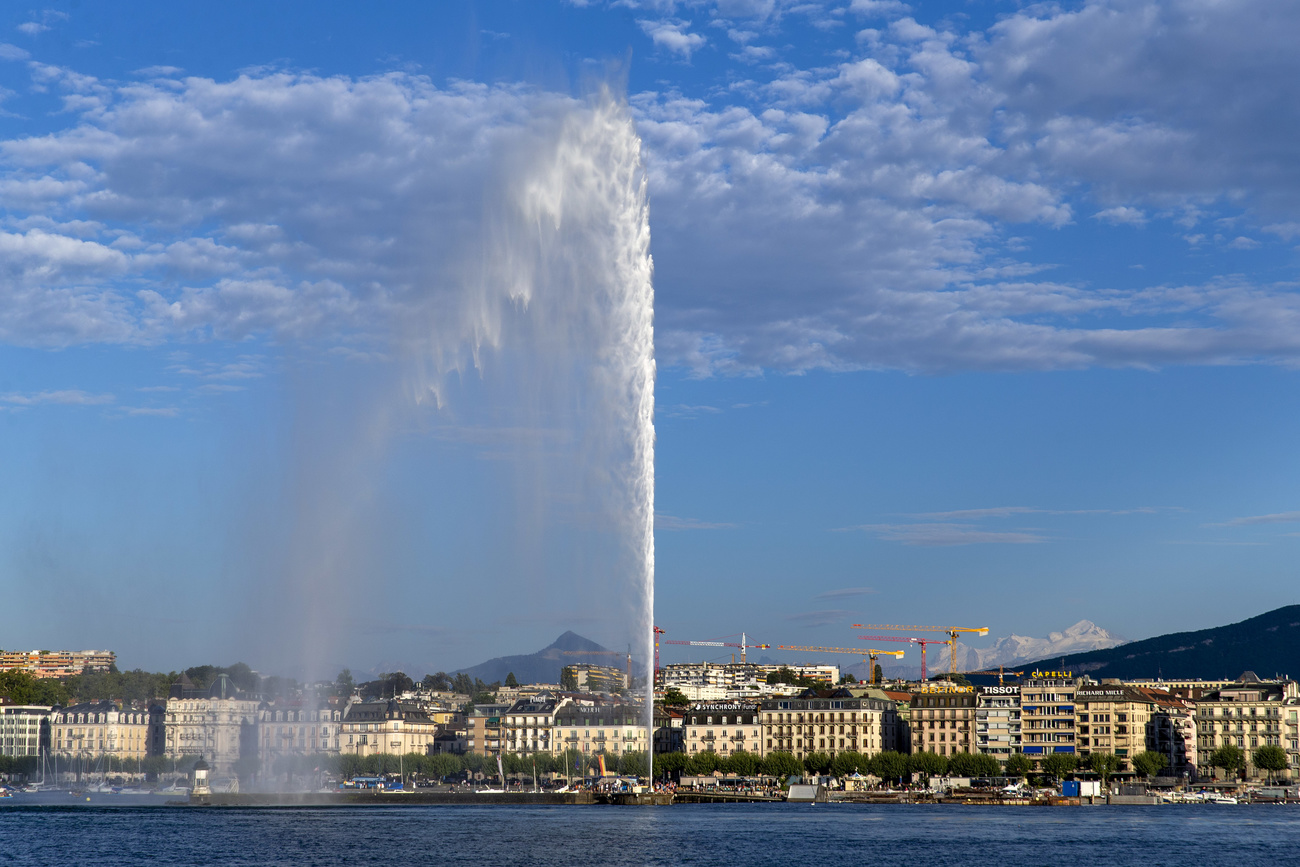Putin, Biden and the prophets of doom
Many doomsayers are predicting the upcoming talks between Russian President Vladimir Putin and US president Joe Biden, to be held in Geneva from June 15 to 16, will collapse. Are they right?
Anti-Russian sentiment and Putin-bashing is so entrenched in the highest echelons of the Western media, think tanks, staffs and chancelleries that most commentators are secretly hoping the talks will fail. The same is true in Russia, both among the circles of Russian anti-Westerners and among liberal sympathisers who support anything Western on principle, no matter how stupid it may be. Indeed, they would all lose their raison d’être and the income that goes with it.
With so many still stuck in a Cold War mindset – attitudes which go back as far as the Second World War – the fear of a new Yalta, a new Munich and of a Western capitulation in the face of Putin “the autocrat”, is real.

More
Has Putin hit the jackpot?
At the risk of disappointing them, let me dare to suggest that the worst is far from certain.
First, relations between Russia and the US are so tense that it is difficult to imagine how they could be worse. Even during the darkest moments of the Cold War the two countries continued to speak. The red telephone functioned well. This is not the case today, with the escalation of angry tweets, false accusations of so-called Russian interference and propaganda (the Skripal and Navalny affairs, Syrian war, etc) having taken precedence over dialogue. Of course, the option of nuclear war is still there. But one would think that even the most aggressive anti-Russians would have good sense to avoid it.
Next, while Putin certainly has many faults, contrary to what is written in the Western media he is not an exalted person, nor is he a crazy paranoiac or a warmonger. None of his speeches has ever promoted hatred (apart from an angry outburst at jihadi terrorists who should be “killed”). Unlike the American invasions of Serbia, Iraq and Libya, or the wars conducted by proxies like the Saudi Arabians in Yemen, no Russian military interventions have violated international law, be it in Syria or Central Africa.

More
Biden-Putin: the Geneva summit expectations
On the domestic front, the Russian government’s treatment of Alexei Navalny is not even a quarter of a tenth of the atrocities and human rights violations committed by the British government on Julian Assange. The Russians provide hour by hour updates on how Navalny spends his nights. I defy anyone to say the same about the health of Assange in his “democratic” Belmarsh prison.
On this basis, one can expect Putin to approach these talks with the tactical and practical sense for which he is known.
Finally, the two powers have several common interests: nuclear weapons control and disarmament, fighting climate change, defeating terrorism in Syria, Central Asia and Africa, ending diplomatic and economic retaliation, cyber terrorism and cyber security. It’s a catalogue of issues that will be more than enough to fill the discussions. As for the rest, whether it is the situation in the Donbas (Ukraine) or outside attempts at regime change – such as in Belarus or during the Russian elections in September – these are obviously Russian red lines.
Cynical Biden
But Russia is not the only party involved. When it comes to President Biden, he could have offered to meet Putin, with the aim of sabotaging the talks and then accusing Russia of being at fault. Such cynicism is easy to believe of a man who only months ago accused his Russian counterpart of being a “killer”.

More
US-Russia summits then and now: High tensions, mixed results
One might also think Biden is throwing a bone to his most anti-Russian supporters and to all those who have been raging against Russia since they failed to win the 2016 election. Biden has spent most of his life baiting Russia. He paraded himself in Ukraine while his son Hunter was being generously compensated by the Bursima company. He knows his adversary better than anyone and has nothing to prove in terms of anti-Russian extremism, neither to his friends nor his enemies. As such, he has more leeway to manoeuvre in managing the Russia relationship – something which was denied to Donald Trump, who was constantly accused of weakness in his approach to Putin even before he opened his mouth.

More
Newsletters
Besides, if the US is as keen to focus on China as it claims it is, it should remember the successful Kissinger-Nixon operation of 1972, when they managed to drive a wedge between China and Russia. Repeating the operation 50 years later would not be a bad idea. It may not make Russia lurch to the pro-US camp, but it could help to ease tensions. In the case of a total breakdown of talks and the resumption of hostilities, closer military and pragmatic ties between China and Russia would not benefit the Americans. As for Russia, which has not forgotten China’s “betrayal” in 1972 and its timid support during the 2014 crisis, successful US talks could bolster its negotiating position with Beijing.
The two camps therefore have much to gain. Without Yalta, without Munich, but in the spirit of Geneva – as during the Reagan-Gorbachev meeting of 1985.
(Translated from French by Sophie Douez)
The views expressed in this article are solely those of the author, and do not necessarily reflect the views of SWI swissinfo.ch.
swissinfo.ch publishes op-ed articles by contributors writing on a wide range of topics – Swiss issues or those that impact Switzerland. The selection of articles presents a diversity of opinions designed to enrich the debate on the issues discussed. If you would like to submit an idea for an opinion piece, please e-mail english@swissinfo.ch

In compliance with the JTI standards
More: SWI swissinfo.ch certified by the Journalism Trust Initiative


